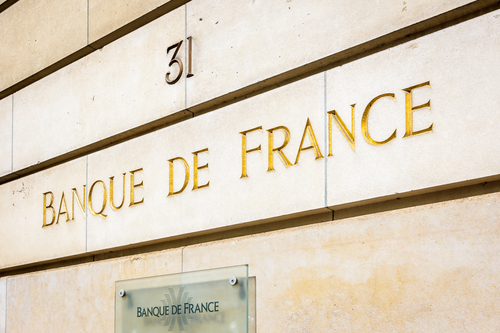Dossiers de surendettement : une hausse après une année 2020 hors norme
Selon les chiffres publiés le 3 juin par la Banque de France, 54 666 dossiers de surendettement ont été enregistrés entre janvier et mai 2021, contre 39 744 en 2020. Cette hausse de 37,5 %, qui peut sembler considérable, est en réalité à relativiser.
En 2020, le nombre de dépôts de dossiers de surendettement avait diminué de 24 %, atteignant leur plus bas niveau depuis 1990, année d’application de la loi Neiertz et de mise en place de la procédure de surendettement.
L’institution explique ce recul important par le confinement du printemps 2020. Les différentes agences de la Banque de France sont pourtant restées ouvertes, mais de nombreux Français les croyaient fermées.
Par ailleurs, le recul de 12 % de la production de crédits à la consommation et la mise en place de moratoires sur les crédits par les établissements bancaires ont également contribué à cette forte baisse du nombre de dossiers de surendettement l’an dernier.
Des craintes pour les mois à venir
Si les dossiers de surendettement sont beaucoup plus nombreux depuis le début de l’année 2021, ils reviennent pourtant au niveau constaté avant la crise. La hausse par rapport à 2020 n’est donc pas alarmante, la tendance étant même à la baisse par rapport à 2019, avec une diminution des dépôts de dossiers de 16,8 %.
Toutefois, la Banque de France a exprimé des craintes concernant la sortie de crise, lorsque les différents dispositifs publics de soutien à l’économie prendront fin. Leur disparition progressive devrait entraîner une hausse du nombre de défaillances d’entreprises, et une hausse du taux de chômage, qui ne sera pas sans conséquence sur la situation financière des ménages.
Au sein de la Banque de France, les syndicats s’inquiètent aussi de cette probable hausse des dossiers de surendettement à venir, et regrettent que l’institution ait décidé de réduire ses effectifs, alors même que la charge de travail s’annonce plus importante.
La Banque de France reste vigilante face au risque d’explosion des dossiers de surendettement, et a pour cela mis en place le baromètre mensuel de l’inclusion financière, un nouvel outil de contrôle destiné à repérer « chaque mois les tendances concernant les besoins d’information et d’accompagnement des particuliers dans le domaine financier » comme l’a déclaré le régulateur dans un récent communiqué de presse.
Cet outil doit permettre d’observer les « difficultés rencontrées par le public : accès aux comptes et aux services bancaires indispensables au quotidien, identification et prise en charge des situations de fragilité financière, délivrance d’une information pertinente et équilibrée en matière bancaire ou financière ». Il aura donc un rôle essentiel à jouer dans l’anticipation et la gestion de la hausse du surendettement.
